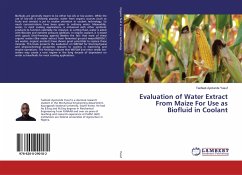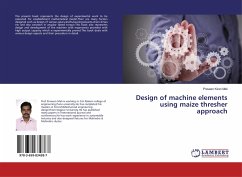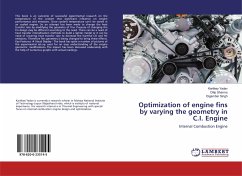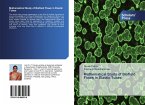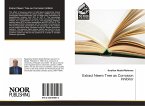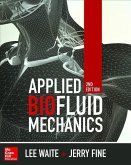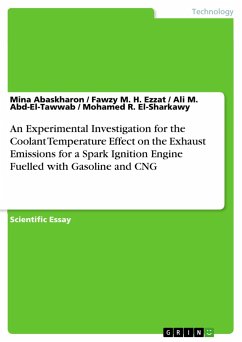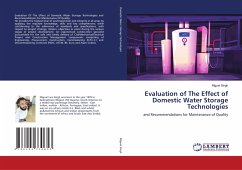Biofluids are generally meant to be either bio-oils or bio-waters. While the use of bio-oils is relatively popular, water from organic sources (such as fruits and cereals) is yet to receive attention in coolant technology. So much concentrations have been given to ordinary water. Meanwhile, water, in most cooling applications, is enhanced with other synthetic products to function optimally. For instance, in cutting fluid, water is aided with Biocides and extreme pressure additives. In engine coolant, it is mixed with gycols (Anti-freezing agents). Besides the fact that most of these organic waters (like water extract from femented ground maize-WEFGM ) are wastes, organic products have shown great potentials to replace these minerals. This book presents the evaluation on WEFGM for thermophysical and physicochemical properties relevant to cooling in machining and engine operations. The findings indicate that WEFGM and other similar bio-waters may create a new regime in the long decade of dependent on water as basefluids for most cooling applications.
Bitte wählen Sie Ihr Anliegen aus.
Rechnungen
Retourenschein anfordern
Bestellstatus
Storno

